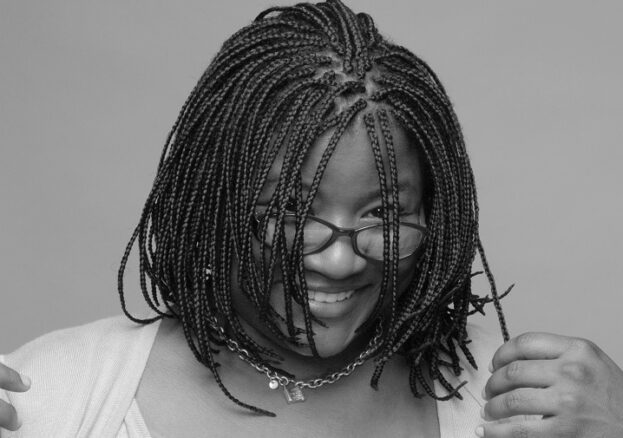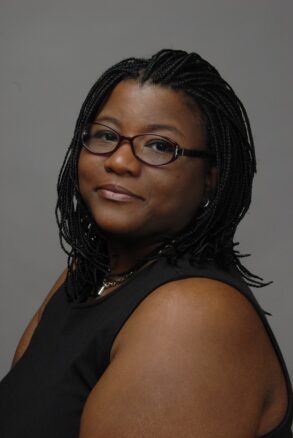
Welcome to the UK. Are there any British traditions or foods you still find strange?
Not really. I count myself among the many Anglophiles residing in America who grew up with British culture through a solid embrace of your writers, activists, scholars, art, and popular culture. I’ve never quite taken to traditional British foods — that full-English breakfast I first sampled 20 years ago still has me shook; however, I have enjoyed High Tea and High Table at Cambridge and found them exhilarating (but strange).
“Reclaiming Us” is the theme for your series of activities for BHM. What can people expect?
As a historian who unlocks the roots of scientific racism and bias – both externally (White over Black), and internally (colorism, hair phobia, culture bias, etc,) audiences of my lectures learn how racial frailty (which other label white supremacy) has produced layers and legacies of insecurity among disenfranchised and marginalized people. Scientific racism (eugenics) is institutionalized, vetted, legal, moral, and agreed upon. It is also quietly accepted among its victims, who then, create their own “survival” biases. I encourage Black people to do the work of disengaging from these learned beliefs and behaviours by (first) identifying them, so that they live fuller, happier lives.
What action would you like to see happen as a result of attending one of your events?
In a word: healing. The level of anti-blackness is so ingrained in our global communities that it is becoming harder to court kindness and respectability within our own spaces and among our own neighbourhoods. While we may be able to level racism as the cause of anti-black posturing in society, we must actively and aggressively protect ourselves – particularly our children – from being cast as soul-less, as feral animals, as malcontents, and socially and educationally inept, and as the progenitors of all that is nasty and defiled in society. To that end, we must reclaim ourselves. Who are we at our core? Do we believe that we are inferior to Whites?
I am a student of Dr. Frances Cress Welsing, whose book The Isis Papers outlines a program of intentional better living for Black people across the Diaspora. Fifty years later, Welsing’s work still has viable solutions. We must re-establish our codes of morality – how we define and carry ourselves, our expectations for caring for our children, women, and elders. Anti-blackness and scientific racism are less about how White people define us than who we believe we are. My classes are among the first steps needed for Black people to acknowledge a history of racism, and then begin the work of fixing themselves and their children to challenge the racism that still exists.

While racism is universal, some say it plays out differently in UK than it does in the USA. What are your thoughts?
Racism in America differs only in the general sense that Black and White have a shared history – enslaved and enslavers. African Americans were on the ground as British colonists founded the U.S. on the freedom, liberty, justice, and humanity denied to them here in England. As a result, fighting racism in America has often meant challenging anti-black laws, mandates, and policies by forcing White Americans to uphold or amend their own legislation. In America, racism is often about fears of losing the entitlements that come from excluding others. In the UK, racism operates within policies as well, but appears to be a bit more covert so that it is more difficult to ascertain in the court of public opinion whether a racialized incident was really so, or simply a cop doing his job, a school maintaining a dress / hair code, or a person having a lapse in judgement.
What message do you have for (a) UK academia and (b) wider black community in the UK?
Be bold, be courageous, be honest, but also be transparent with your research and your students. Most of what we uncover in archives is not pleasant, but in identifying it and making it known to a new generation, we also establish that the concerns they face today, also belonged to their forefathers. To the wider Black community, God, in His wisdom, never made any two people exactly alike – not even twins. He meant for you to be dynamically YOU. We are brilliant and proud and need to focus on how to live with the dignity inherent in us. Where we do find issues, no one is coming to save us. We are our own rescue squad and need to act accordingly.
